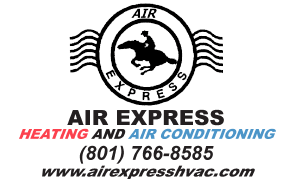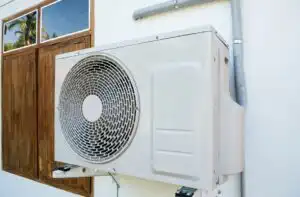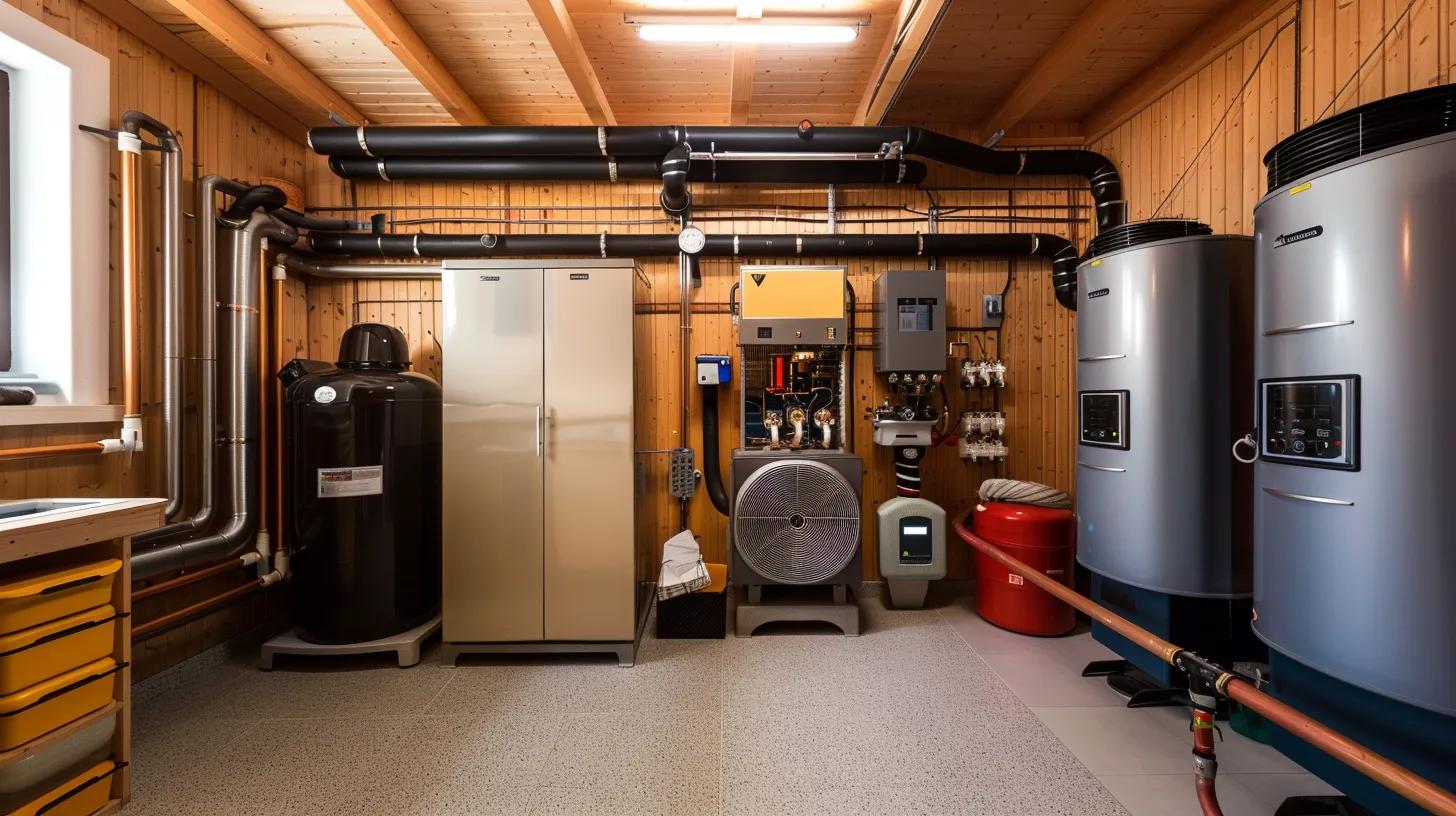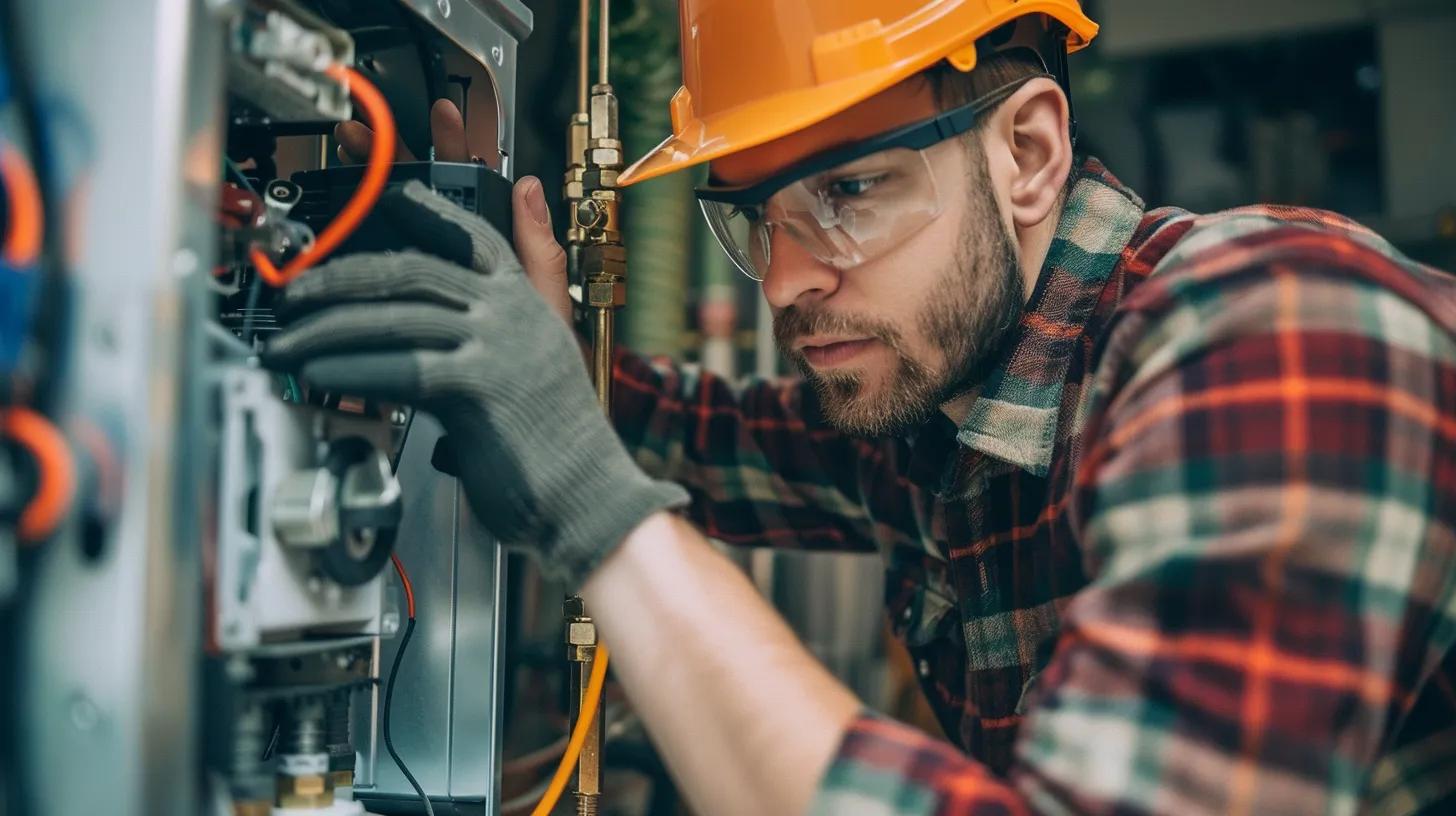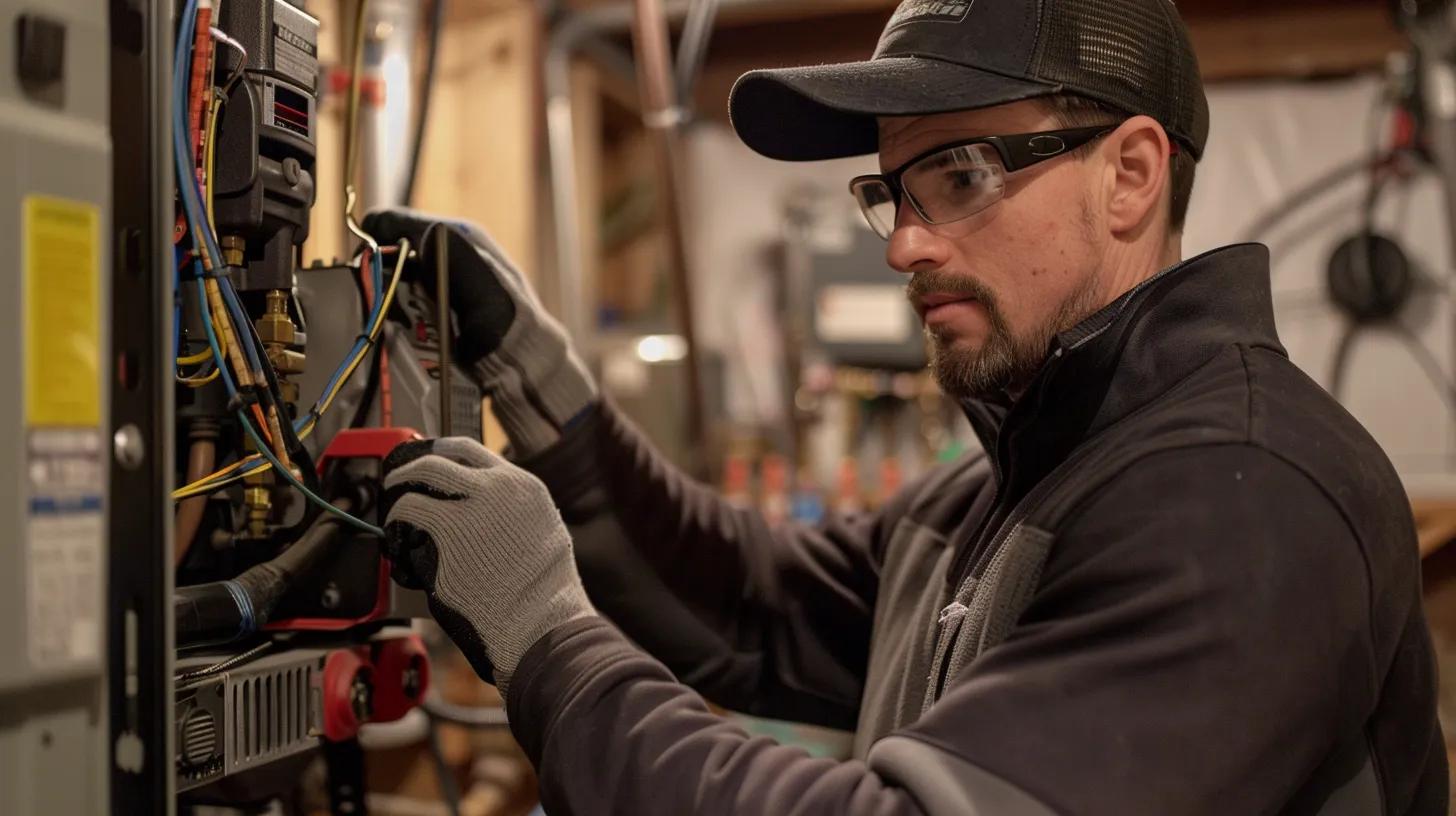When your ACcompressor won’t start during a hot summer in Eagle Mountain, frustration can set in fast. The compressor plays a major role in cooling your home, so when it fails to kick on, the temperature indoors can rise quickly. Although the unit may still be running, warm air being blown from the vents usually means the compressor has failed to engage, often due to issues buried within the system that aren’t always visible. Homeowners often notice the problem after their AC has run for a short time, then suddenly stops or no longer cools properly, even though it sounds like it’s working.
This kind of breakdown is more than just uncomfortable. It can also be a sign of wear, electrical trouble, or internal damage that needs professional attention. For families in Eagle Mountain, getting clear answers and quick help is the priority. Instead of guessing what’s gone wrong, it’s better to understand what could be causing the problem and know when it’s time to bring in our technicians. Below, we’ll walk through some of the common causes and how to recognize when deeper repairs are likely needed.
Identifying Common Causes: Why Your AC Compressor Won't Start
When your air conditioner refuses to start its compressor, there’s usually more than one reason behind it. While the exterior components might look fine, the issue is often internal or electrical. Here are several common causes that might be at play:
- Electrical Problems
- Low or Leaking Refrigerant
Without the right amount of refrigerant, the compressor can’t generate the pressure needed to drive the cooling cycle. If a leak is present or levels have dropped too low, the compressor might overheat or shut down entirely to prevent damage.
- Locked or Burnt-Out Compressor
If the compressor motor seizes or overheats, it won’t start. This can happen due to age, poor maintenance, or an underlying electrical fault. A humming sound without startup or circuit breakers tripping repeatedly can be clues that the motor is overheating or burnt out.
Problems with the compressor don’t usually pop up out of nowhere. They tend to show early symptoms like warm air from vents or unusual noises from the outdoor unit. If your system in Eagle Mountain recently started behaving this way, it’s time to pay attention.
AC Compressor Won’t Start? Step-by-Step Diagnostic Guide
Before calling for help, many people go through a few basic checks. Knowing what steps to take can help our professionals respond faster with the right solutions when you do call. Here are some actions you or a household member might consider before scheduling HVAC service in Eagle Mountain:
1. Look at the Thermostat
Make sure the settings are correct. Switching from “fan” to “cool” and lowering the temperature may help you determine whether your compressor is kicking in at all.
2. Check the Circuit Breaker
A tripped breaker is one of the most common reasons a compressor won’t engage. This could indicate an electrical problem or signs of overheating inside the unit.
3. Inspect the Outdoor Unit
Walk outside and take a look at the AC condenser. If the fan is running but there’s no sound of the compressor or if it’s unusually quiet, you’re likely facing a compressor issue.
Even though you can observe a few things safely, the truth is that AC compressors are complex pieces of equipment. Internal problems almost always need tools, skills, and training to fully diagnose. Replacing parts without professional evaluation could create more damage or risk voiding warranties. If there’s any doubt, it’s best to stop and bring in our technicians to avoid further complications.
When to Seek Professional Help: Recognizing the Right Time to Contact Our Technicians
At a certain point, continuing to guess what’s wrong with your AC compressor can lead to delays, discomfort, and even more system damage. If you’ve already checked for the basic issues mentioned earlier and your system still isn’t cooling, then it’s time to bring in our technicians. Compressors are the most complex and expensive parts of an AC system. They’re not designed to be handled without the right tools, training, and safety knowledge.
Certain warning signs make it clear the issue isn’t something you can resolve by flipping a switch or waiting it out:
– Breaker keeps tripping every time the AC tries to start
– Unusual buzzing or humming sounds from the outdoor unit
– AC runs but doesn’t cool at all, even under mild temperatures
– You’ve replaced the thermostat or batteries with no success
– Compressor starts for a second, then shuts off again quickly
These situations usually point to a deeper fault inside the unit. Whether it’s the wiring, motor windings, or pressure levels, the internal parts need to be tested safely. Our technicians know how to isolate the root cause without adding wear to other components. Putting off a professional visit can result in complete system failure, which takes far longer to fix and costs more overall.
For homeowners in Eagle Mountain, seeking help early means faster service and better results. When compressors fail completely, options become more limited and repairs take longer. But when the issue is caught and handled early, many systems can get back to normal operations without major replacements.
Preventative Measures: Tips to Avoid Future Compressor Problems
The best way to keep your compressor reliable is to treat it well before anything goes wrong. Maintenance may sound simple, but regular care has a lasting impact on how the system works and how long it lasts. If you’ve had compressor trouble once, you’ll want to lower the chances of dealing with it again once it’s repaired.
Here are smart habits that can help you avoid future AC compressor problems:
– Keep a regular maintenance schedule with professional inspections
– Clear away debris like grass, leaves, or trash near the outdoor unit
– Avoid setting your thermostat far below outside temperatures
– Replace your air filters consistently to reduce compressor strain
– Listen for early signs of trouble like loud noises or weak airflow
Think of compressor care like keeping up with oil changes in a car. You may not notice anything right away when you skip one, but over time the parts wear faster and the problems get harder to repair. A clean system that’s running at proper pressure isn’t just safer—it costs less to operate and keeps your home comfortable even when summer hits its peak in Eagle Mountain.
Ensuring Comfort and Efficiency: How Our HVAC Services in Eagle Mountain Can Help
Understanding what causes compressor issues and knowing when to seek help makes a big impact on your comfort. But prevention is only part of the equation. When problems do happen, working with trained technicians ensures repairs are done right and that the rest of your system isn’t put at risk.
Our HVAC professionals in Eagle Mountain provide troubleshooting, testing, and repair for all types of compressor issues. We evaluate the entire system, not just isolated parts, making sure the repair gets to the source of the problem. Whether it’s a faulty capacitor, low refrigerant, or a burned-out motor, our approach is focused on precision and safety.
Choosing our experienced team means you’re getting service that is prompt and backed by real knowledge of how AC systems operate under challenging summer conditions in Eagle Mountain. We offer flexible scheduling, accurate quotes, and dependable repairs that help your system run well through the season.
No compressor lasts forever but dealing with problems early and keeping up with maintenance can help extend the life of your system. Our technicians are here when you need us, whether it’s an urgent cooling issue or a routine system check. Let us help keep your HVAC equipment dependable and your home comfortable.
For reliable performance and to ensure your AC stays cool during the summer, Air Express Heating and Air Conditioning is here to support you with comprehensive HVAC service in Eagle Mountain. For a quick estimate or to schedule a service visit, please contact us today.
